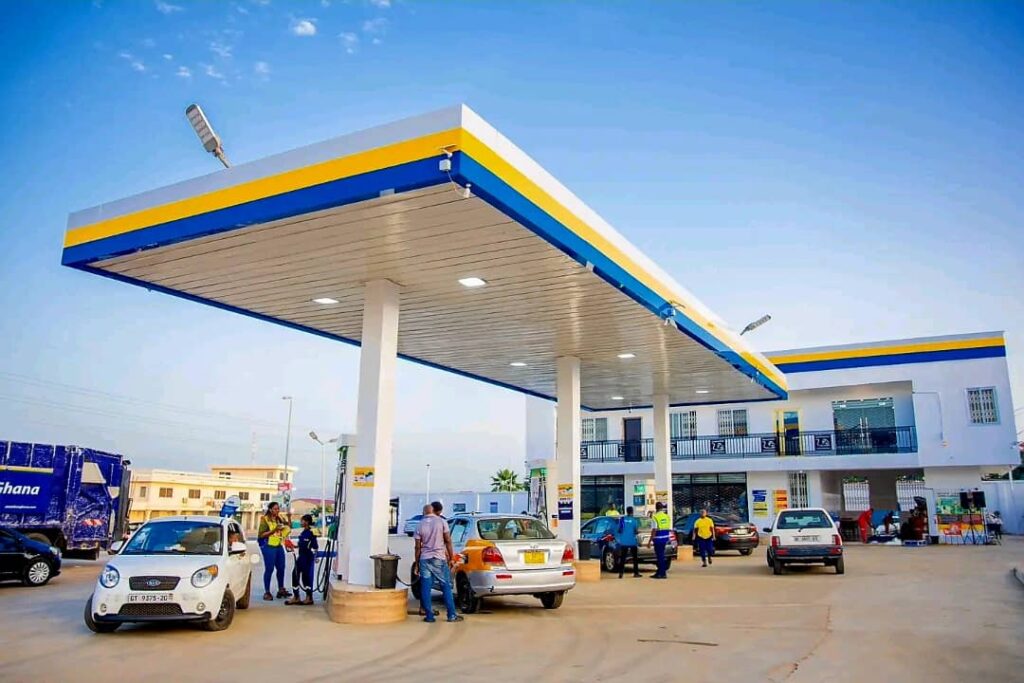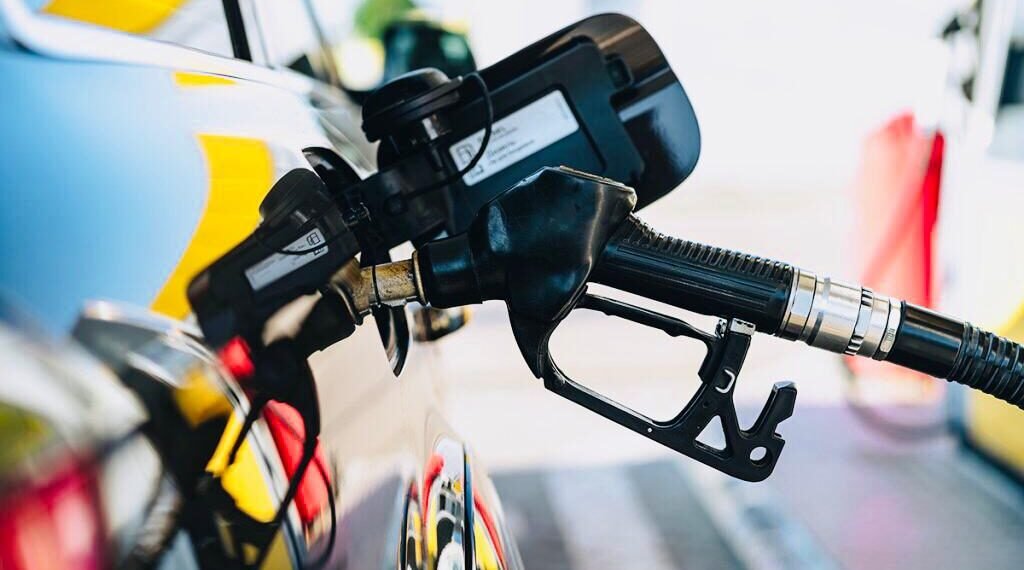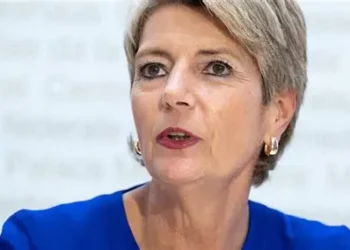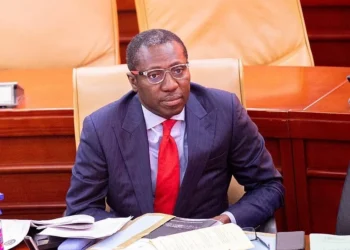The Chamber of Oil Marketing Companies (COMAC) has projected a fresh round of fuel price hikes beginning Tuesday, July 1, 2025, as Ghana enters its first pricing window for the month.
Dr. Riverson Oppong, Chief Executive Officer of COMAC, made the announcement during a press briefing on Monday, June 30, signaling that prices at the pump are likely to experience their first increase since February 2025.
“I believe following our meeting scheduled for 3:00 p.m. today, we have a fair idea as to when the position will start.
“However, we are looking at our forecast for next week to start tomorrow. We already see some increase in the pump price.”
Dr. Riverson Oppong, Chief Executive Officer of COMAC
According to the chamber’s forecast, petrol prices are expected to rise by approximately 2 percent, while diesel prices could increase by 5 percent. Additionally, Liquefied Petroleum Gas (LPG) will likely record a 1 percent increase.
This development comes on the back of fluctuating global fuel prices, which have recently rebounded after months of relative decline.
International oil benchmarks, including Brent crude, inched upward due to renewed geopolitical tensions and tightening supply forecasts. Ghana, a net importer of refined petroleum products, remains highly susceptible to these global shifts.

COMAC’s projections follow months of price stability, offering consumers brief relief from volatility. However, the July window marks a potential turning point for domestic pump prices.
Dr. Oppong also addressed the status of the Energy Sector Recovery Levy, introduced under the Energy Sector Levy (Amendment) Bill, 2025.
Initially scheduled to take effect on June 9, the levy’s implementation was delayed following objections from oil marketing companies (OMCs) who cited operational difficulties and rising global prices as concerns.
With international prices now stabilizing, COMAC is working closely with the Ghana Revenue Authority (GRA) and the National Petroleum Authority (NPA) to facilitate a smooth rollout of the levy.
“Ongoing engagements with key stakeholders, including the Ministries of Finance and Energy are progressing steadily.
“We are now confident that conditions are aligning for a more seamless implementation.”
Dr. Riverson Oppong, Chief Executive Officer of COMAC
Call for Flexible Taxation Regime

In addition to price forecasts and tax developments, COMAC renewed its call for government to adopt a credit-based tax payment system for eligible oil marketing companies.
Dr. Oppong argued that the cash-and-carry tax regime currently imposed on OMCs limits financial flexibility and restricts business growth, especially for mid-tier companies.
“At the same time, we are asking the government to meet our needs as an industry by moving our members to bonds, and those who are in a bond and have the duty to self-recognize should also have the opportunity to do so.”
Dr. Riverson Oppong, Chief Executive Officer of COMAC
The proposed credit-based tax model would involve insurance bonds or bank guarantees, allowing compliant OMCs to defer tax payments while remaining accountable through secure financial instruments.
According to industry analysts, this could help ease liquidity constraints in the downstream petroleum sector and improve compliance without hampering operational capacity.

For consumers, the expected increase in fuel prices could mean higher transportation and commodity costs in the short term.
While the increment may appear modest, its cumulative impact across sectors such as logistics, agriculture, and services could be more pronounced.
COMAC maintained that its members remain committed to transparency and efficiency in pricing. The chamber continues to engage with stakeholders to build consensus on industry reforms that ensure both sustainability and affordability.
As Ghana prepares to implement key fiscal reforms in the energy sector, the coming pricing window offers a clear signal of what lies ahead. Fuel prices are on the rise driven by both global market forces and domestic policy shifts.
Dr. Oppong reaffirmed COMAC’s readiness to support regulatory reforms while advocating for policies that balance industry viability with consumer protection.
READ ALSO: Mastercard and Access Bank Unveil Innovative Age-Segmented Card to Empower Ghana’s Youth



















